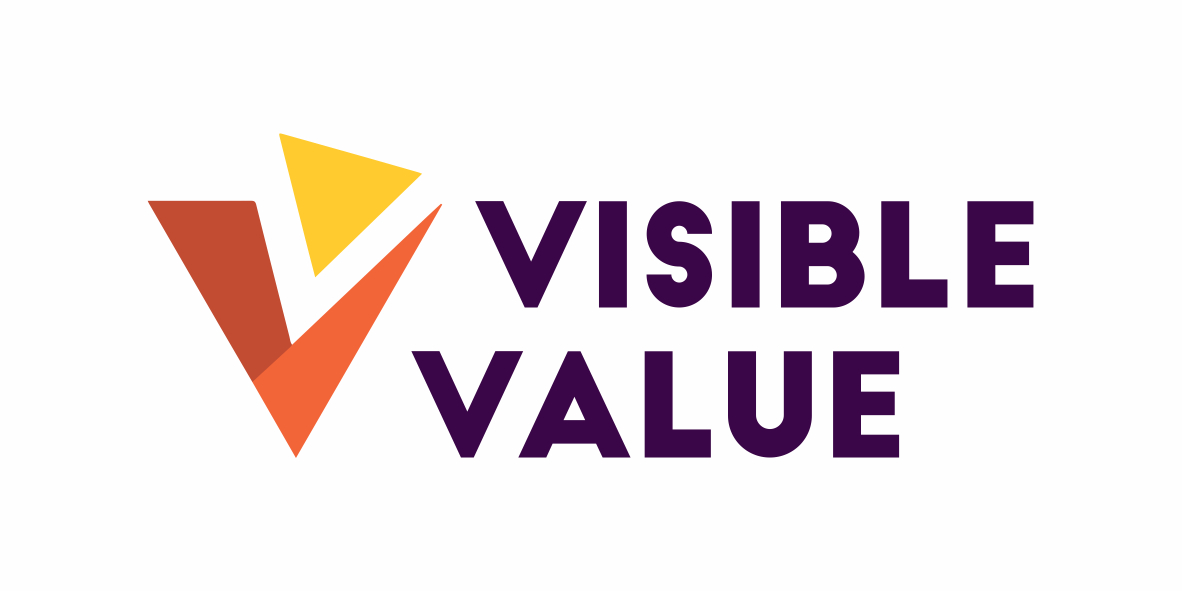Country Snapshots: Recognition of Youth Work
This section of the Visible Value aims to provide a quick overview of the state of the affairs about the recognition of youth work in the countries covered by EU-CoE Youth Partnership. In total it covers 53 country profiles (including 3 profiles for Belgium and 4 profiles for the UK).
The content in this section is based on several sources, including:
- Country reports on youth work collected by EKCYP correspondents: https://pjp-eu.coe.int/en/web/youth-partnership/country-information-youth-work
- EU Youth Wiki - an online platform presenting information on European countries' youth policies: https://national-policies.eacea.ec.europa.eu/youthwiki
- Forthcoming national contributions of the Non-programme countries to EU Youth Wiki
- An additional survey done by the editors of the Visible Value in 2021
The sources of information are indicated at the end of each profile.

The recent 2019 amendments and additions to the Youth Policy Framework Law aimed to improve the conditions for youth work. Amendments and supplements to the law provide definitions of youth work, youth worker, open youth center, open space, non-formal education, establish basic principles of youth work and quality requirements for youth workers in open youth centers and open spaces. These types of youth work are distinguished: a) open youth work - work with young people in open youth centers and / or spaces with the principles of youth work; b) working with youth on the street - working with young people not in an institutional setting but directly in informal gatherings of young people (public spaces, streets, parks, cafes, sports fields, clubs, etc.); c) mobile youth work - youth work when moving to a residential area where there is no youth work infrastructure, taking into account the individual needs of young people living in the area; d) non-formal youth education is an activity that develops young people's personal, social and educational competences and is not implemented through formal education programs. Youth work instruments in recent years have focused more on the pedagogical objectives of helping to develop active citizenship and ensuring cooperation between different youth policies than on developing infrastructure for youth work.
As stated in ‘Concept of Open Youth Centers and Spaces’ (2010) and the ‘Description of Open Youth Centres’ (2012) approved by the Department of Youth Affairs under the Ministry of Social Security and Labor ‘youth work’ means activities of a social, informational, educational, cultural or other nature, carried out with young people or groups of young people on the basis of their needs, in order to integrate, integrate young people his social environment and enable him to participate in conscious and active personal and social life. Youth worker in Lithuania is seen as a specialist who is 21 years of age or older and implements youth policy rather than a representative of a certain profession. Youth worker is an adult who works with young people in their leisure time and encourages their personal and social development through work with individuals, groups or communities. Youth worker should have competences that are recognised in accordance with the procedure set by the Department of Youth Affairs. Youth worker is paid for his qualified work with young people in accordance with the procedure laid down in the legislation of the Republic of Lithuania. The youth work providers are identified and defined and principles of youth workers’ profession are described in the 2013 order No. A1-208 of Social Security Minister and Labor of the Republic of Lithuania on ‘The Approval of the Youth Workers' Job Description’ In Lithuania, the concept of youth workers’ profession has not yet been defined, however youth policy experts describe youth workers as those who work in the youth field having a relevant education in social work, general teachers’ or social education, psychology or other educational and/or social sciences related qualification.
The domains to which youth work pertains and the principles of youth work in open youth centres are described in the 2012 order No. A1-570 of Social Security Minister and Labor of the Republic of Lithuania on ‘Description of Open Youth Centres’. The main objectives of youth work are described in the 2019 order No. A1-614 of Social Security Minister and Labor of the Republic of Lithuania on ‘The Approval of the Description of the Procedure for Work with Street Youth, the Procedure for Mobile Work with Youth, the Description of Open Work with Youth’.
An updated youth worker certification system is in place. In 2010-2015 the Department of Youth Affairs under the implemented project no. VP1-4.1-VRM-07-V-01-002 ‘Development of an Integrated Youth Policy’ financed by the European Social Fund and the State Budget, activity no. 2.1.2. ‘Implementation of the Youth Worker Certification Scheme’. According to the information provided in 2019 on the Department of Youth Affairs website 182 persons have been awarded youth worker certificates.
Lithuanian Non-formal Education Association develops and coordinates motivation and recognition systems for achievements and uses the global Digital Open Badges standards to capture, measure, and recognize achievements. It cooperates with the Department of Youth Affairs in order to develop tailor-made systems for assessing and recognizing non-formal education achievements including youth work.
(From the Youth Wiki)

